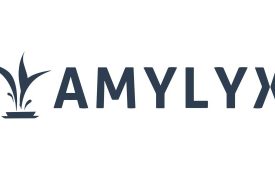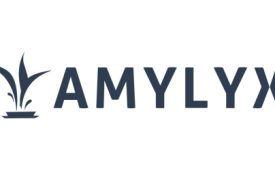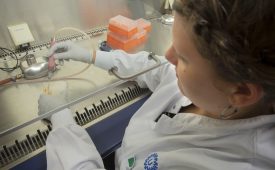
The TUDCA-ALS consortium has announced the first findings of the TUDCA study, a phase 3 trial investigating the drug TUDCA in individuals with ALS. Unfortunately, the results showed that taking the drug did not slow down the disease progression.
The results showed that individuals taking the drug did not experience slower declines in functional and motor functions compared to those receiving the placebo. Additionally, no statistical differences were found between the drug and placebo groups in terms of time of survival and biomarkers, such as neurofilaments.
Results also showed that treatment with TUDCA was well tolerated and generally safe, with predominantly mild gastrointestinal adverse effects occurring both in the placebo and treatment arms.
TUDCA Study
The TUDCA study was a large-scale phase 3 trial, with a more than 300 participants, taking place across 25 centers in seven European countries. The TUDCA-ALS consortium was organised by Humanitas Research Hospital (Italy), the study sponsor and brought together a team of leading experts from Germany, United Kingdom, France, Belgium, The Netherlands, Ireland and Italy.
TUDCA
Tauroursodeoxycholic acid, TUDCA in short, is a bile acid naturally produced in small quantities in the human body. TUDCA is commercially available as a dietary supplement. Previous small-scale studies with TUDCA had shown hints of a potential slowing effect in ALS. However, the results of this phase 3 trial did not demonstrate the anticipated slowing effects.
Reaction from the TUDCA-ALS consortium
The study leader, Professor Alberto Albanese, Neurology Unit Director at Humanitas Research Hospital (Italy): “We are very disappointed to see there was no overall benefit demonstrated. Given the heterogeneity of ALS, it is important to explore whether the lack of effect was uniform across the whole trial population. Therefore, thorough analysis of subgroups based at intermediate time points is ongoing.
We would like to express our deep gratitude to the people with ALS who so generously participated in the trial.”
The consortium is undertaking additional tasks, including further statistical analysis of data and biomarkers at various timepoints, to gain a clearer understanding of the effects of TUDCA in slow progressing patients compared to fast progressors. These analyses will be presented at the meeting of the European Network for the Cure of ALS (ENCALS) in Stockholm, June 2024.
Read the official statement of the TUDCA-ALS consortium here
Gerelateerd nieuws

Meet the centre - Torino ALS Center (University of Torino)

Amylyx withdraws RELYVRIO/AMX0035 from U.S. and Canadian markets

Amylyx: no effect after analyzing phase 3 study
